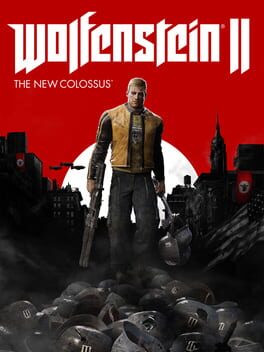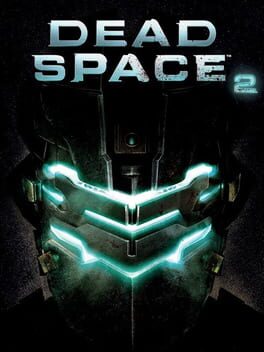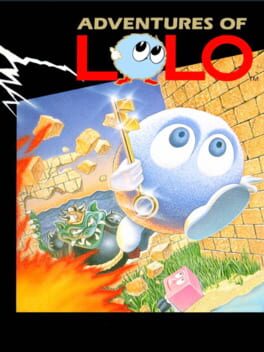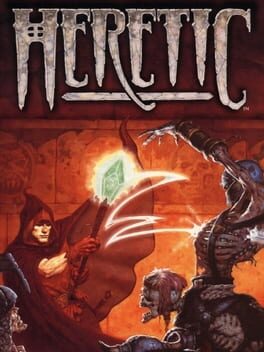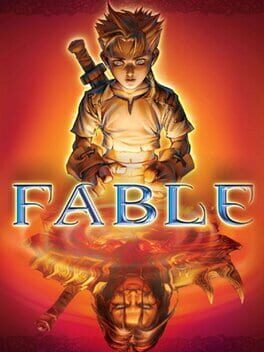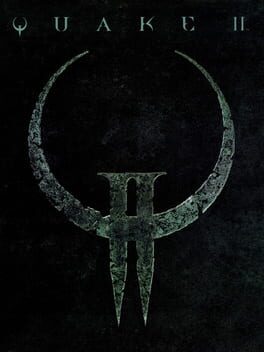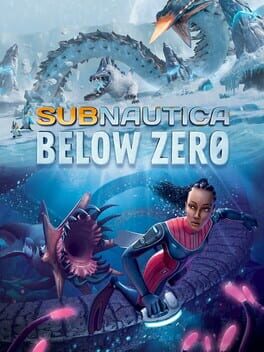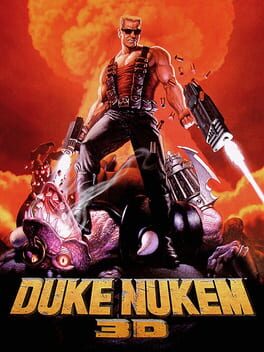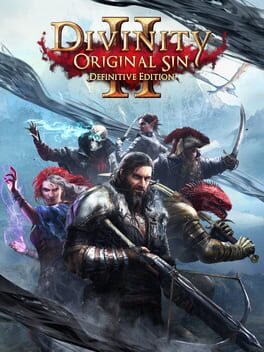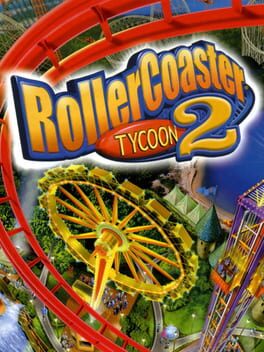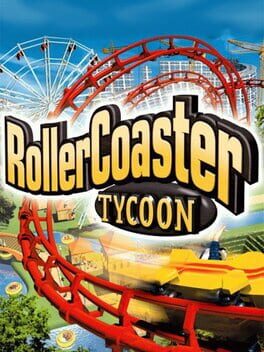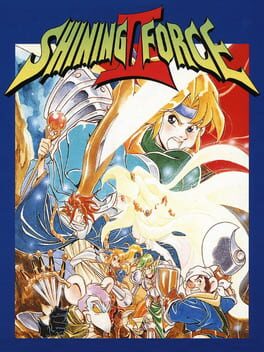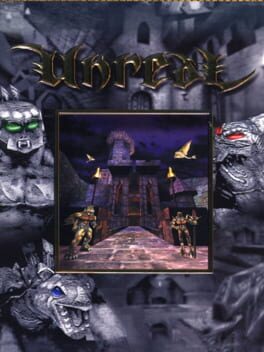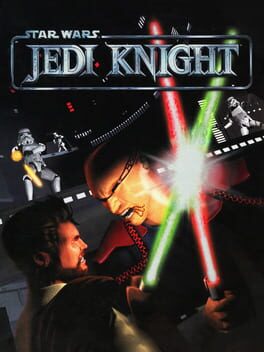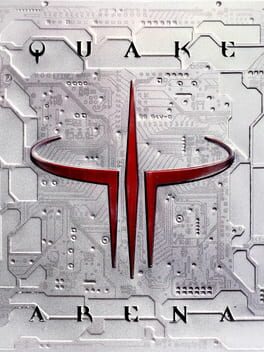InvictusRex
Bigger and badder than its predecessor, this sequel to Bethesda's Wolfenstein remake offers even more bloody mayhem as you continue the fight against the Nazis that have dominated the world. It's really a case of more, more, and MORE with plenty of outrageous twists and turns that include sending you into SPACE. It's a great follow-up to a great remake, and just as fun as ever to blow away the world's most straightforward bad guys.
2011
Like any good sequel, Dead Space 2 raises the stakes and amps up the peril for our weary protagonist, Isaac. Now taking place on the city-like space station called the Sprawl, you get to relive the horrors of the necromorphs in a whole new variety of settings and face even more monstrous enemies. By its nature, the game feels a little less lonely, with a few more characters to interact with and plenty of people present, but the horror elements are still incredibly effective. It maybe lacks some of the surprise of the first game, but offers improvements in just about every other way.
1989
1994
It's basically Doom with magic and Medieval weapons. I don't find Heretic quite as engaging, but it's a creative take on the genre. The enemy designs are imaginative, and the levels are full of interesting architecture. I also like that the fantastic setting allows for some unique weapons with different types of attacks than you get with guns that are based somewhat in reality. Overall, a cool FPS game that's worth checking out.
2004
This might be the first RPG I played that felt like a true role-playing game--as in, you really took on the role of a character and could make decisions about who you were in this world. (Certainly, other games had done this before, but I didn't get around to many of them until later.) I have not played it since release, so it may show its age these days, but I remember really getting sucked into the game when it came out. It was hard to put down the controller with so much to see and do... and the fact that you could get lucky with romance was all too appealing to a teenaged boy. The sequels certainly improved on the formula, but this felt like a solid, fresh start.
1997
I don't really fault id Software for wanting to take Quake in a new direction. I think I would have preferred the Lovecraftian-influenced setting of the first game, but it also did feel just a step removed from the demonic presence in Doom. Still, the new sci-fi influences are creative and interesting, and the Strogg provided an entirely new set of unique enemies to blast through. The level design is still top-notch, with a single-player campaign that takes you through various installations and facilities, but the real star of the show here is the multiplayer. Back in the day, I played the heck out of this game on Heat.net (how's that for a throwback?), and felt like deathmatches were really taking some leaps forward since the days of Doom. It's a fun game, if not quite as striking or inspired as the first.
There's a lot that I like about this game. It has many of the familiar elements that made the first game so great: a vibrant world to explore, danger around every curve, and a robust crafting system to aid in your survival. And I liked the more involved story that saw you interact with some new figures. The stuff I didn't like so much were the land-based sections. Maintaining body heat on top of all the other things to worry about felt a little tedious, and the frozen landscape just doesn't offer the same sense of wonder that the colorful and mysterious underwater world does. On top of that, while the game does introduce a number of fascinating new creatures, I feel like they lack in comparison to their predecessors. The leviathans in particular just didn't feel as threatening or terrifying like they do in Subnautica. I did have fun with the game, but it didn't quite capture the magic of the first one.
1996
This game is like taking the classic action hero of the 80s and 90s and placing them into a first-person shooter. Full of references to films, TV, and other cultural touchstones of that era, this is a roaring good time if you're a fan of that kind of stuff. It also stands out from other games of its type with the complete opposite of a silent protagonist, as Jon St. John rips one-liner after one-liner while gunning down aliens and hitting on chicks. Yes, some of the game has not aged well in our culture, but the gameplay is classic FPS action with some very cool levels to traverse if you can look past the dated stuff.
There is a lot of attention on Baldur's Gate 3 at the time of writing this, and rightfully so! But, it shouldn't overshadow what Larian accomplished with their previous game here. This is an excellent RPG that provides the player with a fair amount of flexibility in how to proceed through the game. All of the pre-made characters have interesting stories to follow, and you can choose to main them or create your own avatar for the experience. There's a pretty robust set of skills and abilities based on what your party members specialize in, and the combat allows for different strategies based on what you're armed with and what the environment gives you. The story also takes place in a vibrant world with lots of side content and people to interact with. It's absolutely worth checking out if you're into turn-based RPGs.
It's a better version of RollerCoaster Tycoon, plain and simple. All of the familiar gameplay remains with so many new rides and thematic decorations, plus an entirely new mode where you can just build and experiment on rollercoasters. This is the kind of game you can lose hours to, and it's easy to get into whether you're a hard-core gamer or not!
1999
Who doesn't love building rollercoasters? This was a hit in my household, even for my mother who doesn't play a lot of games. You get to build your own theme park with rides, shops, and even decorations and landscaping--and all of it becomes intuitive quickly. With many different scenarios in a variety of settings, there's plenty to do as you work up to more extravagant parks. Oh, and yes, you can be an absolute sadist and torture your guests with maze-like paths, a dip in the lake, or a rollercoaster crash...
1993
Objectively, I'd say this is a better game than the first. It has a larger roster of characters to choose from, and some interesting choices to make regarding their progression. It's also a slightly more complicated story (but only slightly), and it offers a little more exploration, compared to how linear its predecessor is. It has some interesting battles, with a few unique elements for some of the special bosses, and like its predecessor, a very cool OST. All that being said, I think I personally enjoy the simplicity of the original Shining Force a little more. This is definitely a case of improving on what came before, but it really just comes down to personal preference!
1998
For many of the great FPS games of the 1990s, I think perhaps the very last thing on a player's mind was the story. In Wolfenstein, you were killing Nazis. In Doom, you were killing demons. In Duke Nukem, you were killing aliens. The narrative didn't really matter until 1998, when two games took a major leap forward in single-player storytelling. One of those games was Half-Life, and the other... Unreal. This game also introduced the iconic game engine of the same name, that many games since have made use of. I was never quite as immersed in an action game like this until Unreal. Reading through the apocalyptic logs of people who had traversed the alien planet just before me exposed riveting and often tragic stories. And each level you go through has brilliant environmental storytelling, giving you all you need to know about the where and why of your journey. And then, of course, there's the gunplay with some truly inventive weapons, from a 6-barrelled rocket launcher, an explosive acid gun, and a laser pistol that can be upgraded into a potent killing machine if you look around enough. And I haven't even mentioned the great multiplayer maps or that the campaign is extremely co-op friendly! Flashier games have come since, but nothing will ever top this Unreal experience.
It may not be the very best shooter from the 90s, but it deftly combines the elements of a great FPS game and a great Star Wars game in one. The highlight of the game is, of course, the lightsaber and Force powers. Being able to run faster, jump higher, and push and pull your enemies, all the while hacking things apart with your laser sword made for a unique experience at the time. Couple this with solid level design, a universe that feels lived in, and a compelling story, and you've got one of my very favorite games. Sure, future efforts have improved on lightsaber combat and Force usage, but it's an admirable early attempt. Also a rare case of being able to take diverging paths near the end, which not a lot of games were doing yet. Most people probably prefer its followup, Jedi Outcast, but this is the tops for me!
1999
I initially did not like the concept of a game solely devoted to deathmatches. Quake always held appeal for having a solid single-player campaign and a separate multiplayer component. And then I devoted hours of my childhood to playing this game over and over again. It has a bunch of really great maps with cool tricks and traps, and the arsenal of weapons is diverse and effective at blasting away your foes. Whether playing against the bots or other players, it's a really fun FPS experience.
